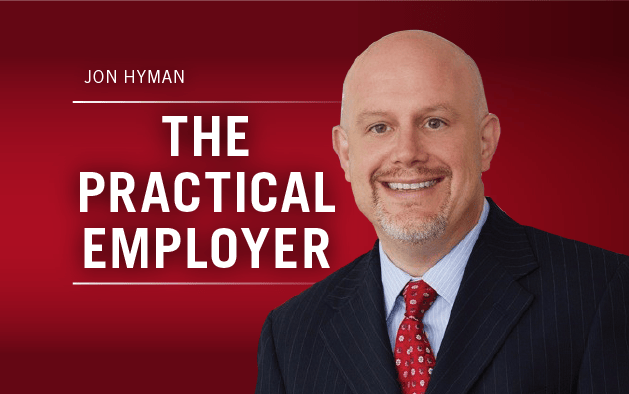
What is parental discrimination? The article breaks this claim down into four different subsets.
-
- Pregnancy discrimination: Examples include firing someone because she is pregnant, refusing to hire someone because she’s pregnant, or denying an accommodation to a pregnant employee that you otherwise grant to other employees with similarly disabling limitations.
- Caregiver discrimination: Treating moms (or dads) differently than non-parents because of their parental responsibilities outside of the workplace.
- Breastfeeding discrimination: Denying accommodations, including unpaid break time and private lactation spaces, to new moms.
- Stereotyping discrimination: Denying employment or employment-related opportunities (i.e., promotions) to moms (and dads) based on stereotypes like, “You’re more dedicated to your family than your job.”
Moreover, not only are parents suing more, but they’re also more likely to win. A typical employee only wins a workplace discrimination case between 16 and 33 percent of the time. Parental discrimination claims, however, are two to four times more successful for employees, with plaintiffs winning 67 percent of cases that go to trial.
1. The number of employees with family responsibilities has swelled.
We no longer live in an Ozzie & Harriet world. Long gone are the days when the wife would be waiting at home to greet her husband with a pair of slippers and a martini while she put dinner on the table for the family. Women work. Moms work. And no one should be treated differently or punished as a result.
As the Working Mother article adroitly points out, there is only one unhappy ending to telling an employee that his wife, or she, belongs at home with the children. It starts with law- and ends with -suit. Women have the right to work, and neither they, nor their spouses, should be punished for exercising that right, regardless of their chosen profession. Employers, force a working parent to make that unlawful choice at your own risk.

